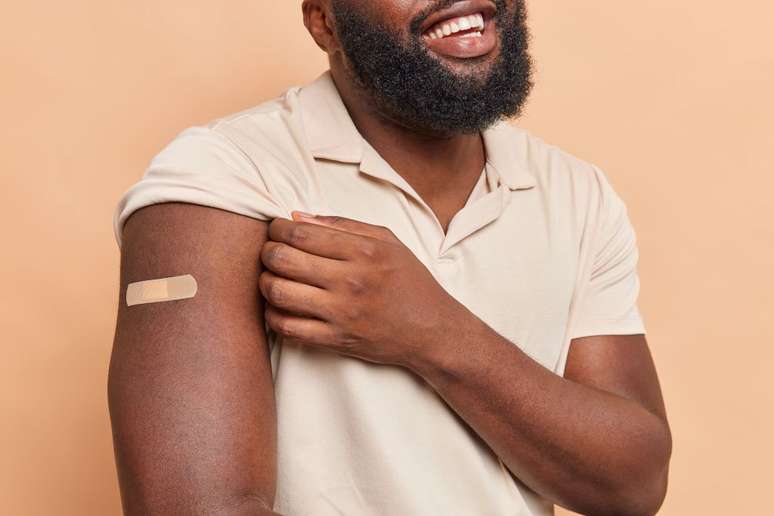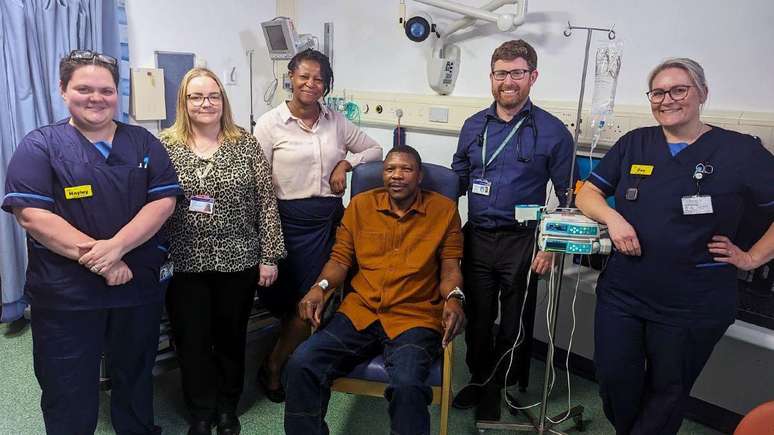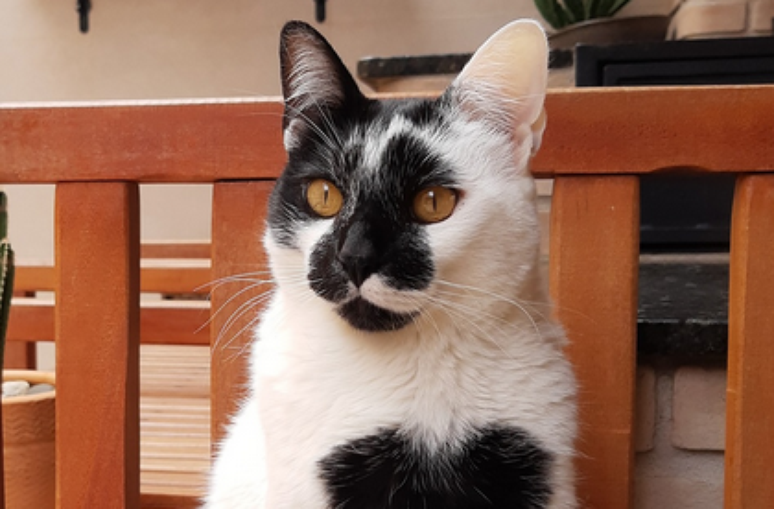In the UK, patient Elliot received the first dose of a personalized bowel cancer vaccine; immunization prevents the tumor from recurring
The UK’s National Health Service (NHS) has launched a series of clinical trials in human patients that could revolutionize cancer treatment. Last week, a 55-year-old colorectal cancer patient received the first personalized mRNA (messenger RNA) vaccine against bowel cancer.
- Cases of bowel cancer among young people are increasing
- Brain tumor vaccine shows promise in humans and dogs
The immunization of patient Elliot Phebve, undergoing treatment for bowel cancer, is part of broader research involving a new oncology vaccine platform. At the end of April, Another Briton has been immunized with the first vaccine of its kind against skin cancerstill in the testing phase.
If it proved safe and effective, “the vaccine [personalizada] it will be a game-changer in preventing the onset or recurrence of bowel cancer,” Iain Foulkes, executive director of research and innovation at Cancer Research UK, said in a statement.
Bowel cancer vaccine
In common, all of these promising vaccines being tested in the UK are being used mRNA technology, the same one adopted in the immunization against covid-19. However, cancer vaccines should only be used to prevent disease recurrence after initial treatment.

To be clear, the formula will sensitize the patient’s immune system by using (harmless) proteins initially present in, for example, bowel cancer or skin cancer.
If cancer cells proliferate again in a person’s body, the immune system will already be ready to fight them and, most likely, prevent their recurrence.
Patient Elliot in the UK
In the case of the first patient to receive the bowel cancer vaccine, Elliot has already undergone surgery to remove the tumor in the colorectal region and has also undergone chemotherapy. Now the goal is to make sure he doesn’t develop a new tumor.
Professor and father of four, patient Elliot had no symptoms of cancer when he received the diagnosis: the discovery was made during a follow-up exam. With the timely identification and use of the new vaccine administered at the Queen Elizabeth Hospital in Birmingham, the chances of a cure are high.
“Self [o estudo clínico] is successful, [a vacina contra o câncer] it could help thousands, if not millions of people, so that they can have hope and can’t go through everything I went through. I hope this helps other people,” the first vaccinated patient said in a statement.
mRNA cancer vaccines
In the testing phase, experimental cancer vaccines are being jointly developed by the biopharmaceutical companies BioNTech and Genentech, part of the Roche group. To date, they are not available for use outside the medical research environment.
Source: National Health Service (1) AND (two)
Trends on Canaltech:
- The project uses constellations to warn of the dangers of space debris
- Google I/O 2024 | 10 AI news announced by Google
- BYD takes 5,500 cars to Brazil on giant ship to avoid taxes
- Iron Man gets armor that’s a love letter to retro sci-fi
- ChatGPT provides free access to GPTs; see the 10 most beautiful
- The first AI-powered hospital could serve human patients in China
Source: Terra
Ben Stock is a lifestyle journalist and author at Gossipify. He writes about topics such as health, wellness, travel, food and home decor. He provides practical advice and inspiration to improve well-being, keeps readers up to date with latest lifestyle news and trends, known for his engaging writing style, in-depth analysis and unique perspectives.








